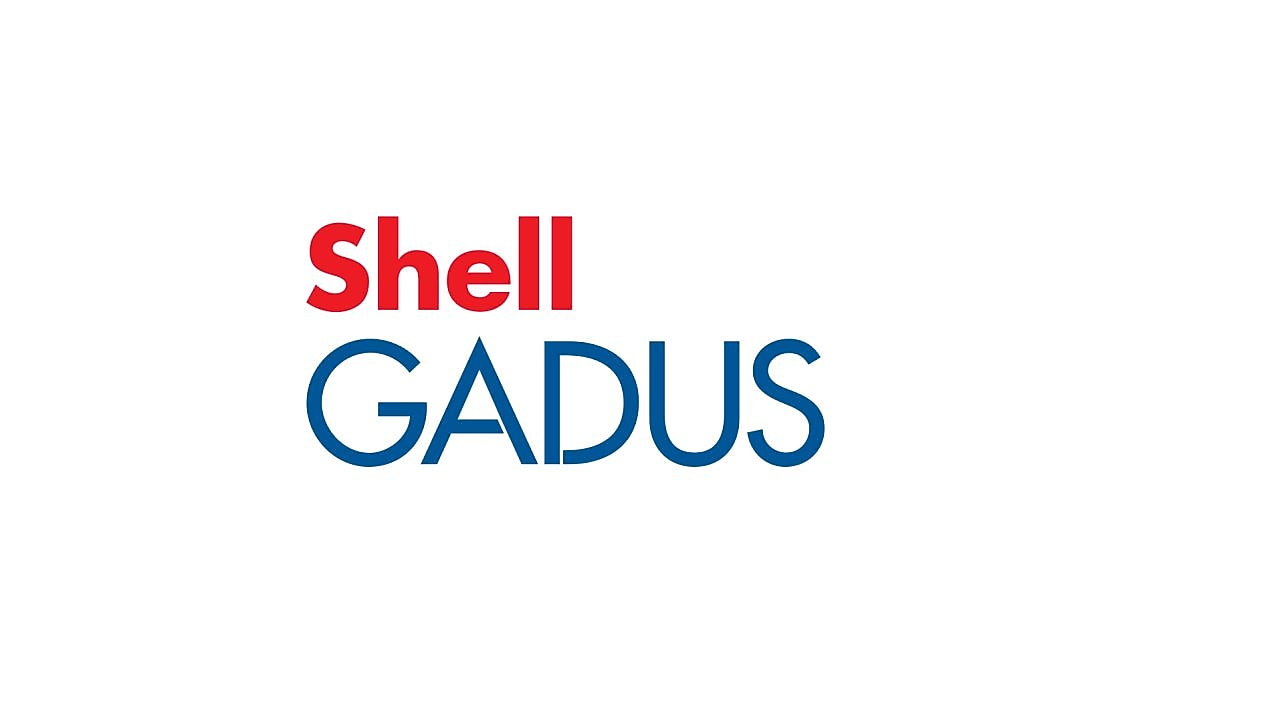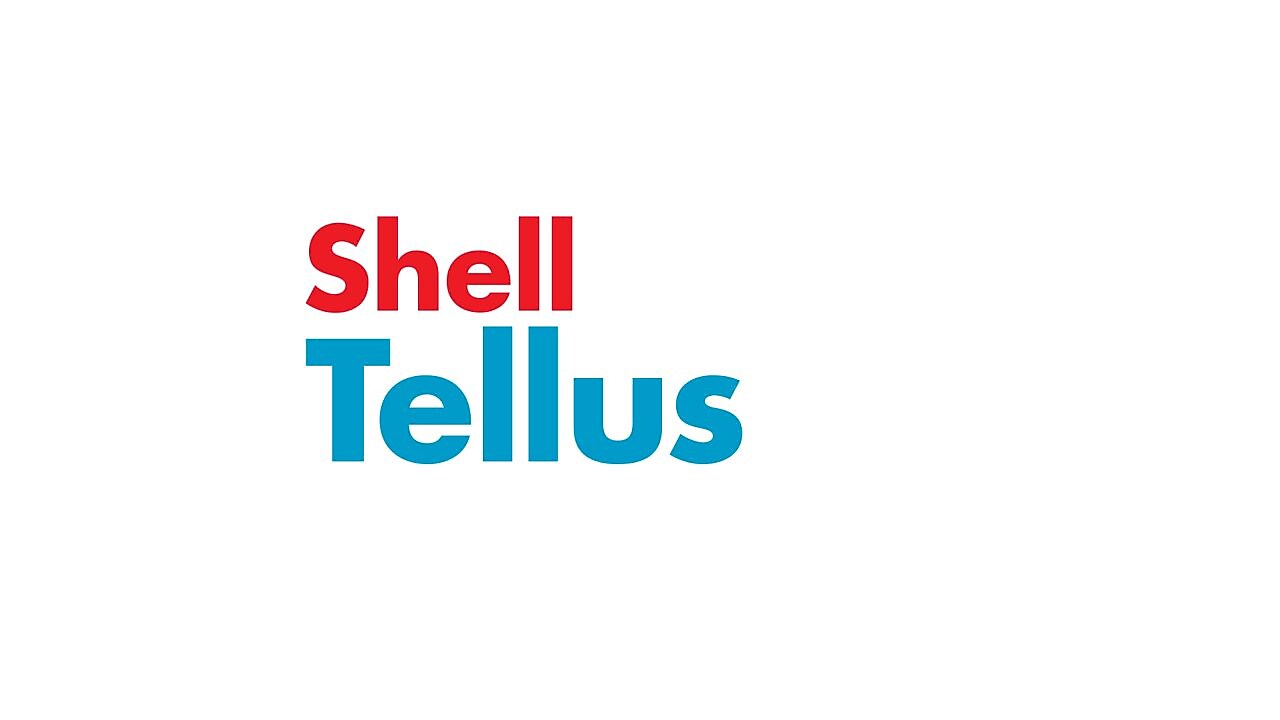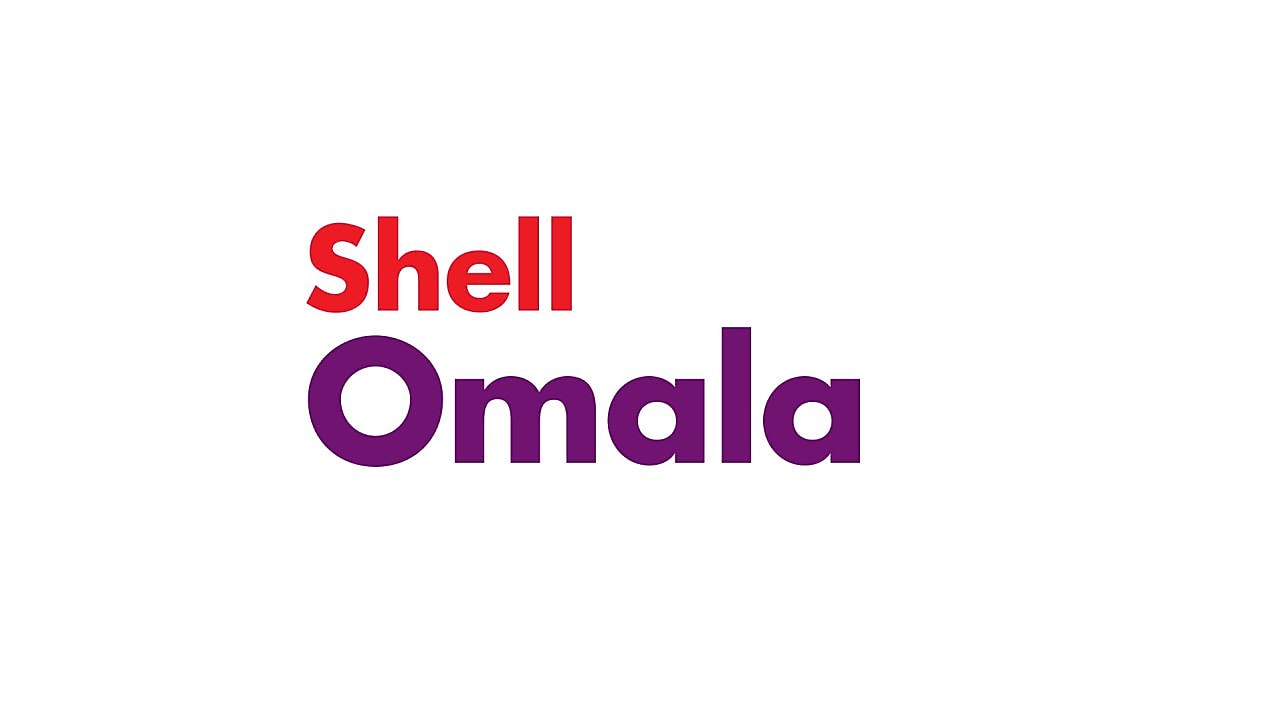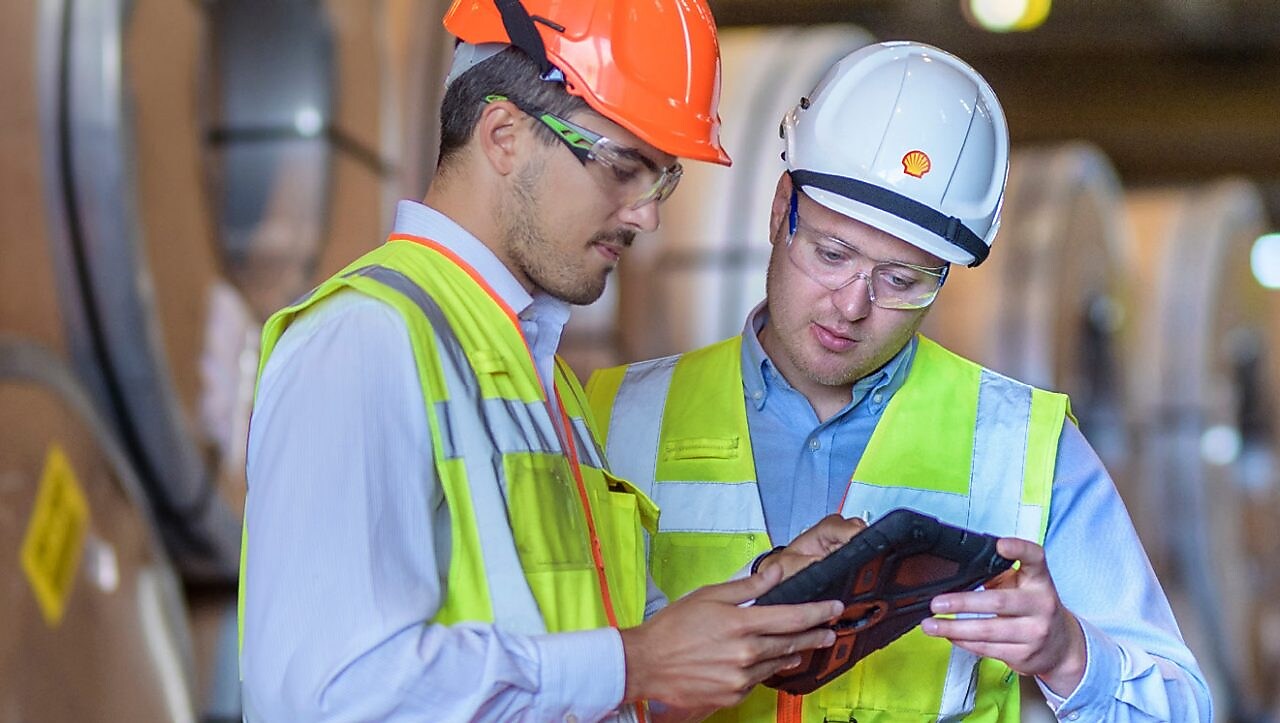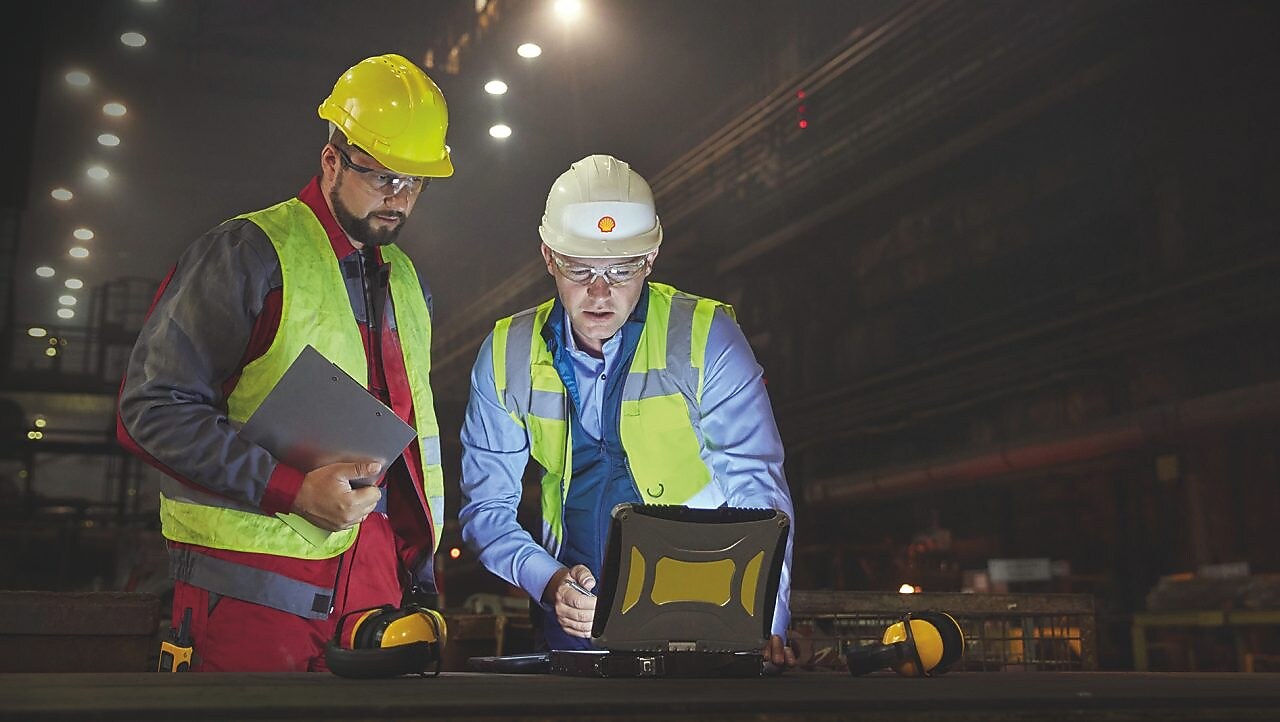
Lubricants for Metals
Unlocking the potential for productivity and sustainability
Steel is vital to our ability to live more sustainably. It plays a major role in the construction of renewable energy solutions like solar panels and wind turbines (up to 79% of which are made from the metal). And it will form the electric vehicles that will help us reach a lower-carbon transport future. However, there is still some way to go for steel to be a sustainable material. In fact, each ton of steel produced today emits on average 1.4 tons of CO2.This leaves the metals industry facing a tricky paradox to resolve. How can businesses drive growth and meet their sustainability goals?
The decarbonisation innovations helping to shape ‘green steel’
The question for the metals industry is quickly switching from ‘how much?’ to ‘how is it made?’ And this has led to the rise of ‘green steel’ – a collection of initiatives that aim to help producers create more steel while generating fewer emissions. These include:
- Carbon mitigation (including carbon capture and storage)
- Substituting hydrogen for carbon
- Using an electrolysis-based process
Since each solution presents its own challenges, steel companies must carefully decide which pathway best suits their needs and capabilities. But that doesn’t mean inaction is an option until that point. There are other more accessible and immediate solutions that can help steel operators reduce emissions until these larger-scale fixes are scalable.

Four steps towards a sustainable future for steel
For metals producers, sustainability and productivity do not have to be mutually exclusive goals. Here are four steps they can take to increase output while improving their impact on the environment:
Drive sustainability through maintenance
Facing a mix of operational, financial and regulatory pressures, it’s important for companies to explore how every solution can have a wider impact on their business. And maintenance offers such an opportunity by helping them drive their operational efficiency and use carbon-neutral lubrication products.
Reconsider the role of your resources
Resource management is set to play a key role in helping companies across all industries operate more efficiently and more sustainably. After all, lower consumption means lower costs and less waste. From redesigning production processes to lowering water wastage, businesses are beginning to employ a variety of methods that help to lower costs while boosting their business and sustainability credentials.
Make the switch to new energy sources
Steel production still relies on coal for 75% of its energy demand.3 It is a situation that needs to change if the industry is to meet its sustainability goals – and renewables will be vital in moving away from power derived from fossil fuels.
Find the right strategic support
No one company can do everything alone. The energy transition makes collaboration between businesses and across industries essential. And leaders need to forge the right partnerships to help them deliver on the potential of sustainable growth.
The importance of maintenance in metals production
With a focus on maintaining efficiency while keeping costs down, reducing equipment downtime across your operations is essential. However, operating conditions are often harsh, making optimum production a difficult goal to maintain.
One simple answer is to select the right lubricants for each application and optimise their use in your equipment. In fact, the correct use of lubricants has seen one of our partners save more than $12,000 in energy costs for just one application: crane gearboxes. And when paired with suitable digital solutions – like remote oil condition monitoring – its impact can be even greater.
With real-time machinery data outlining important metrics like viscosity range and remaining oil life, efficiency levels can be raised to new heights, while downtime becomes a lot less likely – or can at least be better scheduled around busy production periods. All of this adds to the reliability of your machines, improving efficiency and your total cost of ownership (TCO).
All of this helps to increase component efficiency, prolong equipment life and significantly reduce downtime.


Ramp up production
If you are looking to increase production output, having an understanding and plan for what equipment you need to check, and how, will be crucial. With Shell LubeAdvisor you can book an appointment with a metals technical specialist to discuss any of your lubrication or machinery challenges. You can even get help through virtual equipment inspections with our ‘digital glasses’.

Adapt to change
During challenging times it’s essential to keep employees motivated and engaged through learning. Shell LubeCoach Academy can help educate talent within your business, by allowing your maintenance experts to develop their own lubricant knowledge and skillsets.

Extend the lifespan of your equipment

Protect – and enhance – your bottom line
Regardless of the disruption and conditions we face, doing more with less and maximising the production of your existing equipment will always be important for maintaining sustainable and successful operations. Shell LubeAdvisor can help you choose the right lubricant or grease for your specific needs. The result? Your equipment is protected, and unnecessary downtime is prevented.

Cut your carbon footprint
The metals industry is under mounting pressure to reduce its overall carbon output, through less intensive water use and lower emissions, while fully embracing circular economies. We want to lead the world in cleaner energy solutions, and our competitive range of products and services are designed to help meet your energy and environmental needs.

Work with a partner you can trust
Collaboration will be critical to success and will make sure the right skills, expertise and knowledge are in place to transition to a cleaner energy future.
Collaborating with a strategic partner such as Shell Lubricant Solutions can help support the optimisation of equipment maintenance. Whether through carbon neutral lubricants or oil condition monitoring like Shell LubeAnalyst, these actions can help steel facilities to start taking meaningful steps towards a more sustainable future, today.
Decarbonisation after all, is a journey and companies must work within their ecosystem to make continual progress. But this will only be possible through strong collaboration – within the sector and beyond – that can help decarbonise the entire value chain. As an organisation with experience in shaping these journeys, Shell is more than happy to help.
Case study: How to unlock £2.6m in savings for iron and steel
Challenge
The Egyptian Iron & Steel Company manufactures steel products including steel sections, flat steel sheets and rebar. The company was experiencing high operational costs because of the poor performance and low efficiency of its existing lubricants. Operators needed to grease the casting machine every 75 hours, which generated a significant loss in production and increased operating costs.
Solution
The Shell technical team recommended a high base oil viscosity grease, Shell Gadus S3 V460, made with a lithium complex soap thickener, which is particularly suitable for the heavy-duty operations of a factory. This product was recommended because its formula resists water washout, copes well in high temperatures and withstands continuous vibrations and shocks, which makes it particularly suitable for the heavy-duty factory operations.
Results
- As a result of switching to Shell Gadus S3 V460, the Egyptian Iron & Steel Company extended the greasing intervals for the casting machine from 75 to 250 hours, an increase of 333%.
- This resulted in decreased maintenance costs and lubricant consumption and increased production time through trouble-free operation.
- The company has reported total annual savings of US$2,688,000 through the elimination of production downtime.
Disclaimers:
1. US Geological Survey. “What materials are used to make wind turbines?” usgs.gov. N.D.
2. International Energy Agency. “Iron and Steel Technology Roadmap.” IEA.org. October, 2020
3. International Energy Agency. “Iron and Steel Tracking Report.” IEA.org. November, 2021
4. The savings indicated are specific to the calculation date and customer site. These calculations may vary from site to site and from time to time, depending on, for example, the application, the operating conditions, the current products being used, the condition of the equipment and the maintenance practices
